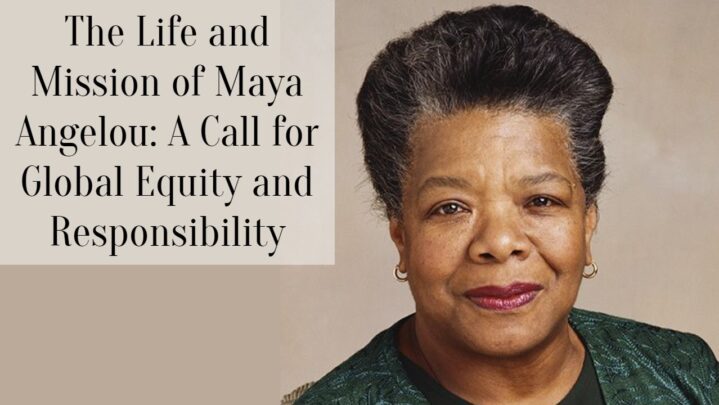She was born in St. Louis, Missouri, in 1928, and had a bad childhood marked by privation, discrimination, and disaster. Given the challenges, Angelou found a fascination for literature and narrative, which became her life’s work.
“I Know Why the Caged Bird Sings,” Angelou’s first autobiography, was published in the 1960s. Her memories growing up in the Jim Crow South were detailed in the book, which covered difficult subjects such as rape and prejudice. It quickly became the greatest, leapfrogging Angelou to literary renown. She went on to write other autobiographies, namely “Come Together in My Name” and “The Heart of a Woman.”
Angelou was a major civil rights activist who worked with figures like Martin Luther King Jr. and Malcolm X, in addition to her literary accomplishments. She utilized her position and voice to push for racial fairness, women’s rights, and other social issues. She also taught and lectured, empowering generations of young people to utilize their voices to influence change.
Angelou’s influence is being felt today, even though she died in 2014. Politicians, activists, and musicians have all referenced her, and her message of optimism, resilience, and empowerment has inspired millions. Angelou received multiple distinctions for her services to literature and social justice, including the Presidential Medal of Freedom and the National Medal of Arts.





